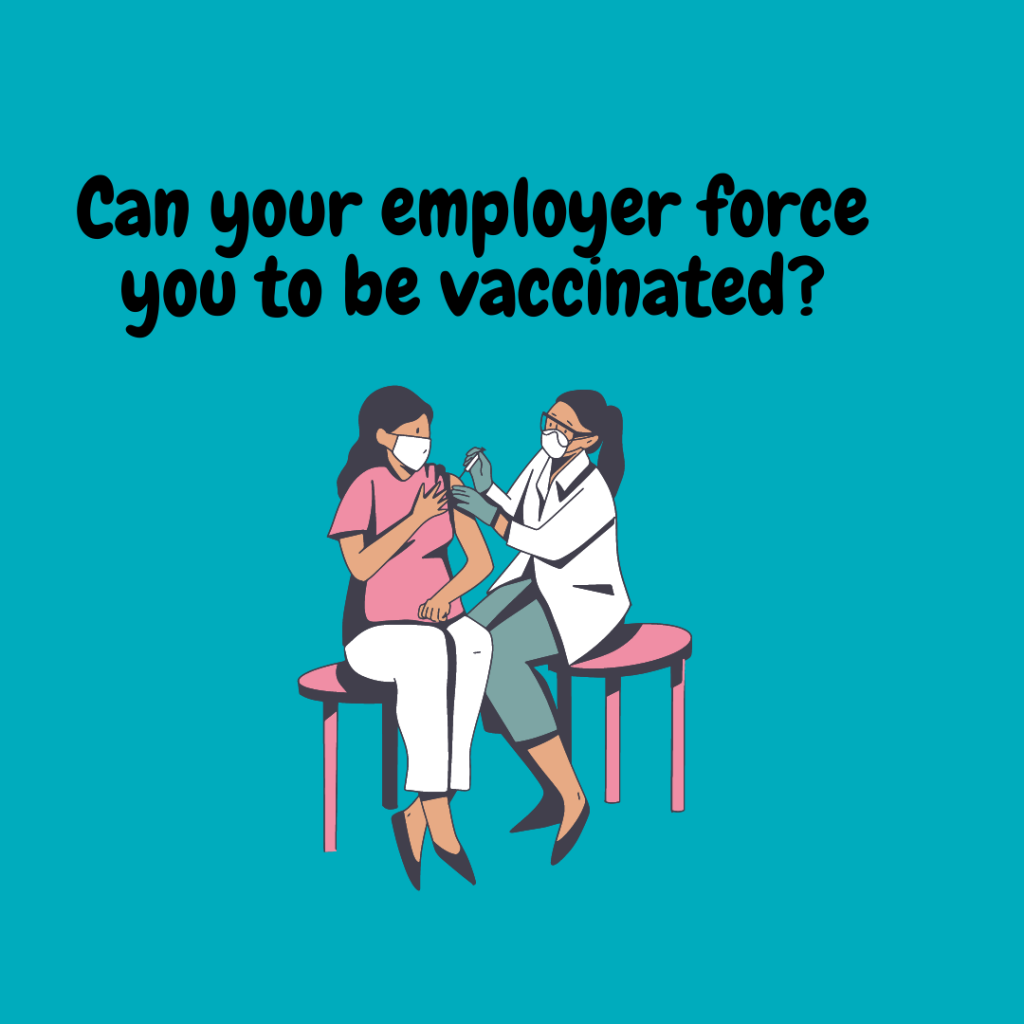Traumatic experience at work
This article is the second in our series on trauma and psychological injury. It is a handy guide for anyone who is curious about trauma, vicarious trauma, and how to manage its impact. Whether you are a legal practitioner, an employee in an at-risk field, or an employer wanting to better meet your duty of care over your employees, this article is important for everyone.
What is trauma?
A typical definition of trauma is a deeply distressing or disturbing experience. However, there is no such thing as a typical trauma. Trauma is unique for everyone. Events and experiences that can be considered traumatic are wide ranging, and impact us all in different ways. However, they are usually experiences which are life threatening or pose a significant threat to a person’s physical or psychological wellbeing. It is vital that we do not use our own measures to determine and define the trauma experienced by someone else.
The root of trauma is that an individual experiences a subjective threat to their life. Psychologists have established that the greater the sense of disempowerment is when a victim experiences trauma, the bigger the impact of the trauma will be.
Legal practitioners working in many fields may come into contact with clients who have experienced trauma. It may be more prevalent in areas including family law and criminal law. However, many different professions have contact with trauma including emergency service workers, medical professionals, social workers and teachers.
Signs of Trauma
The most commonly reported reactions to trauma are:
- Anxiety or fear of danger to self and loved ones;
- Fear of being alone, being in other scary situations or having the traumatic event happen again;
- Easily startled by loud noises or sudden movements;
- Flashbacks, nightmares and sleeplessness;
- Physical symptoms such as tense muscles, trembling or shaking, nausea, headaches, sweating and tiredness;
- Lack of interest in usual activities, including loss of appetite or interest in sex;
- Sadness, feelings of loss or loneliness;
- Difficulty thinking, concentrating or remembering things;
- Preoccupation with think about the trauma;
- Guilt or self-doubt for not having acted in some other way during the trauma, feeling responsible;
- Anger and irritability
Source: This Way Up
After experiencing trauma some people recover quickly. For others it may take weeks, months or years. They may develop more permanent psychological injuries including post-traumatic stress syndrome (PTSD).
Offering assistance
The support of loved ones can play an important role in someone’s recovery from a traumatic event. Navigating this support can be tricky for those in a professional relationship with victims of trauma. However, these helpful tips can be adapted to suit:
- Offer emotional support and care without judgement, remembering that recovery from trauma can take a little while;
- Provide reassurance that their reactions are normal and that they have support from you, their friends/family and medical professionals including GP/treating specialist;
- Understand they they may be irritable, depressed, angry or frightened at times. Try not to take this personally;
- Encourage them to take good care of themselves by eating well, avoiding alcohol and drugs, try to maintain regular sleeping habits; and
- Encourage them to get professional help if required – provide them with accurate information about services available, and assist them with accessing these if practical.
Source: Beyond Blue
It may also be useful to undertake specific training, such as Mental Health First Aid, to better understand and meet the needs of clients who are experiencing symptoms of trauma. It is also important to remember that in being supportive, your own personal safety is the first priority. There is no objective measures to safety – if you feel unsafe, you can and should leave a situation.
What is vicarious trauma?
Vicarious trauma is described as a transformation in a therapist (or other work) as a result of working with clients’ traumatic experiences. It may also be known as emotional exhaustion, burnout, compassion fatigue or secondary traumatisation. It is essentially the process of experiencing the symptoms of trauma, indirectly, caused by engaging with someone who has experienced trauma.
The effects of trauma exposure on professionals were first observed in the late 1970s, where it was recognised that emergency and rescue workers displayed similar symptoms to the trauma victims they were helping. Many people will experience the signs of trauma, as described earlier in the article.
Vicarious trauma has been described as ‘an unintended consequence of being human’ – humans are empathetic beings, who can be impacted by witnessing the distress and emotions of others. The answer to this is not to stop engaging. We must stay true to our values and our passion for helping others. However, those who assist victims of trauma should prepare for, and manage any vicarious trauma they will experience.

How to manage vicarious trauma
Maintaining a sense of well-being is essential when working with victims of trauma. It is important to feel good, and to function well. One of the best tools to work towards this is self-care. Self-care is multi-dimensional, and is not just about lighting some candles and putting a face mask on once a week. It is about caring for your emotions, mind, work, relationships, body and spirit to build up our resilience, and our ability to recover from stress and adversity.
This is going to look different to each person, and it is important to find what works best for you. Some important things for everyone to remember are:
- Staying active – whether this be doing marathons or a weekly yoga class, find what works for you. Exercise is brilliant for our body and mind;
- Keep learning – Figure out what works for you but don’t be afraid to try new and different ways of implementing self care.
- Take notice – Recognise how you are feeling, listen to your body and what it needs.
- Connect – While it can be tempting to isolate yourself in stressful times, it is important to maintain contact and positive connections with loved ones.
- Proactive – Self-care must be proactive and deliberate. It should be done as often as possible, and not just as a reaction to feeling exhausted and stressed.
- Macro/Micro – focus on your well-being in a large scale (go for a beach holiday!) and a micro sense (go for a walk in the sunshine on your lunch break!). Both are just as important.
An excellent thing that we can all do is to practice mindfulness. It can help you become calmer, more thoughtful, present, grounded and focused. More information can be found here.
Don’t forget that the work many of us do can be stressful, challenging and emotionally draining. This is normal, and nothing to be ashamed of. Be kind to yourself, and do not be afraid of making decisions that prioritise your wellbeing, and seeking out professional help if you require it. Remember that we all need:
- Someone to love (a partner, friend or pet);
- Something to look forward to (a night out at the movies, a camping trip on a long weekend); and
- Something that gives you purpose (a job, hobby or practice that you find fulfilling).
Find what works for you, practice is and prioritise it!
Resolution123 are able to assist you with any employment law matters.
Want to learn more? Contact us today.





